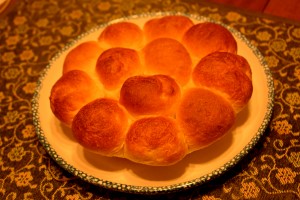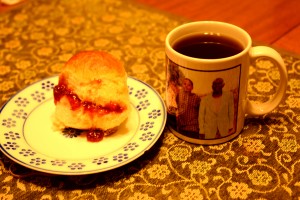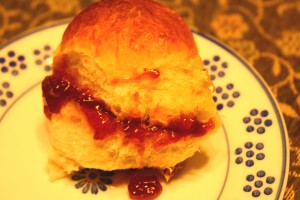By
Mwizenge S. Tembo
Professor of Sociology
I was hardly surprised recently to read that John and Lisa Henderson decided to cancel Christmas in their home. Apparently they had had enough of their children acting up and taking everything including Christmas presents for granted. When they broke the news to their three sons; 5, 8, and 11 year old, there was crying. The parents were going to donate to those in need whatever they were going to spend on Christmas presents.
In a highly prosperous society with material excesses, there is no longer a debate that simplicity in Christmas celebration was tossed out of the window decades ago. To remind myself that Christmas can be simple and happy I go back to memories of my first Christmas which I always remember with nostalgia.
It was during the late 1950s in a village in rural Zambia in Africa. This is the earliest Christmas I can remember. I was one of more than 15 grandchildren in the Tembo clan. My grandparents were great farmers who provided us with abundant food, including delicious red kidney beans, corn, pumpkins, cassava, sweet potatoes, peanuts, chicken, and an occasional goat meat. But this year there was an air of excitement. Christmas was coming and word got around that we were going to eat something special on that day.
My grandmother had saved One shilling or 12 cents during the year. My aunt walked all afternoon to the Hoya store and came back in the rain that evening. Whatever she had bought was dry and had been obviously carefully concealed all through advance contingency planning. I could barely sleep with anticipation about Christmas and whatever my grandmother was keeping secret.
Early the following morning, as the grand children jostled for position around the open fireplace, two gallons of water were boiled in a clay pot. From a small brightly colored aluminum foil packet, my aunt sprinkled half of some black dry floating substances never seen before. She then poured a whole three pennies or three cents worth packet of sugar into the pot. She stirred it. The children sat near the pot as adults – uncles, aunts, older cousins – sat a little distance waiting and making a running commentary among them on how excited we kids were.
My grandmother handed each a small rusty metal cup. Adults had larger metal mugs. She carefully and slowly poured a little bit of the dark steaming liquid into the cups enough so that the liquid could go around the many cups. My grandmother unwrapped pieces of golden brown, white and soft edibles which were known locally as scones; pronounced as sikono. She split each piece among four children while adults split halves.
I proceeded to slowly take a sip of the sweet dark liquid followed by a small deliberate bite of the sikono. The whole experience was known as drinking tea with a small piece of a bun and it sent all us kid bonkers with profound sheer joy, pleasure, and wonder. As children this experience could not simply be bottled away.
Soon after most of this brief exhilarating event was over, I clutched by now a rather small piece of bun I had saved in my hand and ran outside the house to brag to other admiring friends in the village. “We drank tea and ate scones for Christmas!” I yelled at the top of my lungs as I pranced around. The other kids in the village begged for a piece of the Christmas. I gave each of them a smitten of the bun just enough to wet their mouths. But the kids were thrilled all the same.
That was my happiest Christmas ever. Later that morning we went to church and in the afternoon watched traditional dances.
More than forty years – thousands of cups of tea and loaves of bread, pizzas, hamburgers – later, I have never really forgotten that Christmas. The majority of people in rural parts of the Third World still celebrate this Christmas by eating something special in the whole large family; it may be something as simple as a cup of sweetened black tea and slice of bread with sweet jam.
I have never forgotten that if I do not get any Christmas presents at all, the best way to celebrate Christmas is to share a meal however small.


